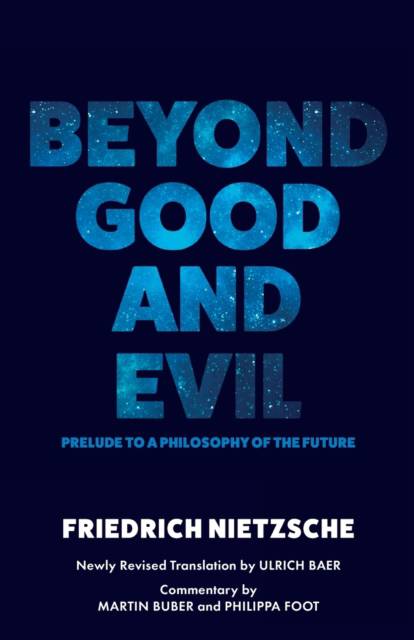
- Afhalen na 1 uur in een winkel met voorraad
- Gratis thuislevering in België vanaf € 30
- Ruim aanbod met 7 miljoen producten
- Afhalen na 1 uur in een winkel met voorraad
- Gratis thuislevering in België vanaf € 30
- Ruim aanbod met 7 miljoen producten
Beyond Good and Evil
Prelude to a Philosophy of the Future (Warbler Press)
Friedrich NietzscheOmschrijving
Friedrich Nietzsche's Beyond Good and Evil, first published in 1886, ranks among the most influential works of moral philosophy to have shaped contemporary conceptions of identity, religion, democracy, psychology, and individual freedom in our age of mass societies. A devastating and deliberately provocative critique of modernity, including science, arts, and politics, the book indicts European and especially Christian morality as hypocritical and opposed to anyone who affirms life itself. Nietzsche disputes that a universal morality can exist for all human beings, and argues that any moral system relies on value judgments grounded in individual perspective rather than inherent truth.
Specificaties
Betrokkenen
- Auteur(s):
- Uitgeverij:
Inhoud
- Aantal bladzijden:
- 198
- Taal:
- Engels
Eigenschappen
- Productcode (EAN):
- 9781954525184
- Verschijningsdatum:
- 17/03/2021
- Uitvoering:
- Paperback
- Formaat:
- Trade paperback (VS)
- Afmetingen:
- 140 mm x 216 mm
- Gewicht:
- 235 g

Alleen bij Standaard Boekhandel
Beoordelingen
We publiceren alleen reviews die voldoen aan de voorwaarden voor reviews. Bekijk onze voorwaarden voor reviews.











